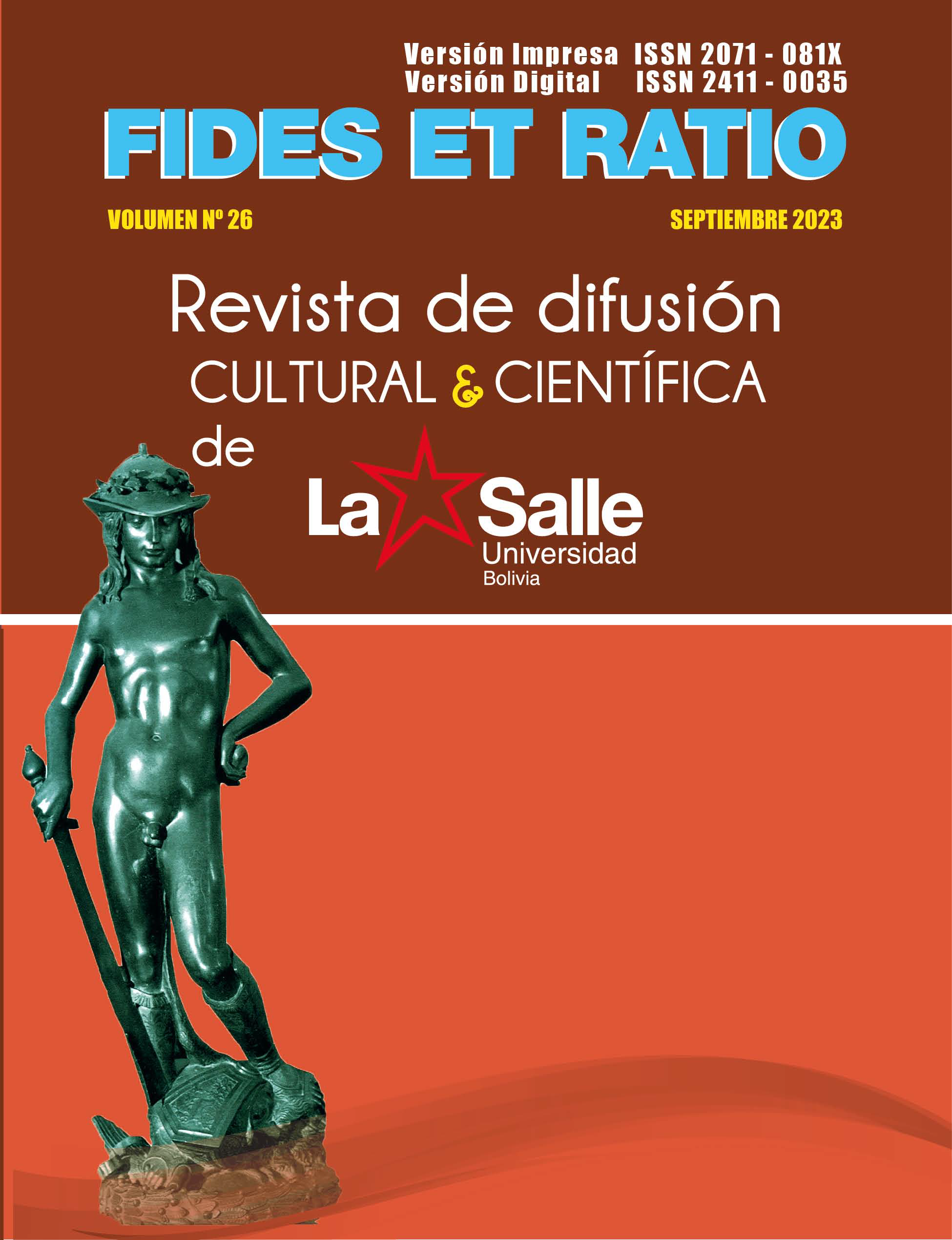The traditional, the formal, and the alternative in chilean education: an epistemological approach
- Authors
-
-
Cristian Sepúlveda-Irribarra
, Grupo de Investigación Educativa en Formación Inicial Docente (IEFID). Universidad de Las Américas, Viña del Mar – ChileAuthor
-
- Keywords:
- Alternative education, formal education, traditional education, pedagogical proposals
- Abstract
-
This article advocates an epistemological approach to the notions of traditional, formal, and alternative education, leveraging Reinhard Koselleck’s historical perspective. It begins by analyzing the concept of traditional education, emphasizing its focus on historical continuity, the central role of the teacher, and its association with oligarchic interests.Drawing on Daniel Brailovsky’s theory, the evolution of the traditional form of education is examined, particularly the emergence of the «old new school» and «market scholasticism». The article then shifts to scrutinize formal education in Chile. This is achieved by exploring ministerial documents to discern the defining components of formal education in terms of their alignment with what is deemed «alternative» and «traditional».The concept of alternative education is subsequently broached from a historical viewpoint, underscoring its adaptability and diversity relative to context. This mode of education fosters inclusion, creativity, diversity, and intercultural understanding, although it is confronted with challenges such as uncertainty and issues related to coexistence. Nonetheless, a notable shortfall is the lack of state support for alternative education in Chile, leading to discriminatory practices and a disregard for these types of schools.
- Downloads
-
Download data is not yet available.
- Author Biography
- Downloads
- Published
- 2023-09-28
- Section
- Artículos
- License
-
Copyright (c) 2023 Universidad La Salle

This work is licensed under a Creative Commons Attribution-NonCommercial-ShareAlike 4.0 International License.










